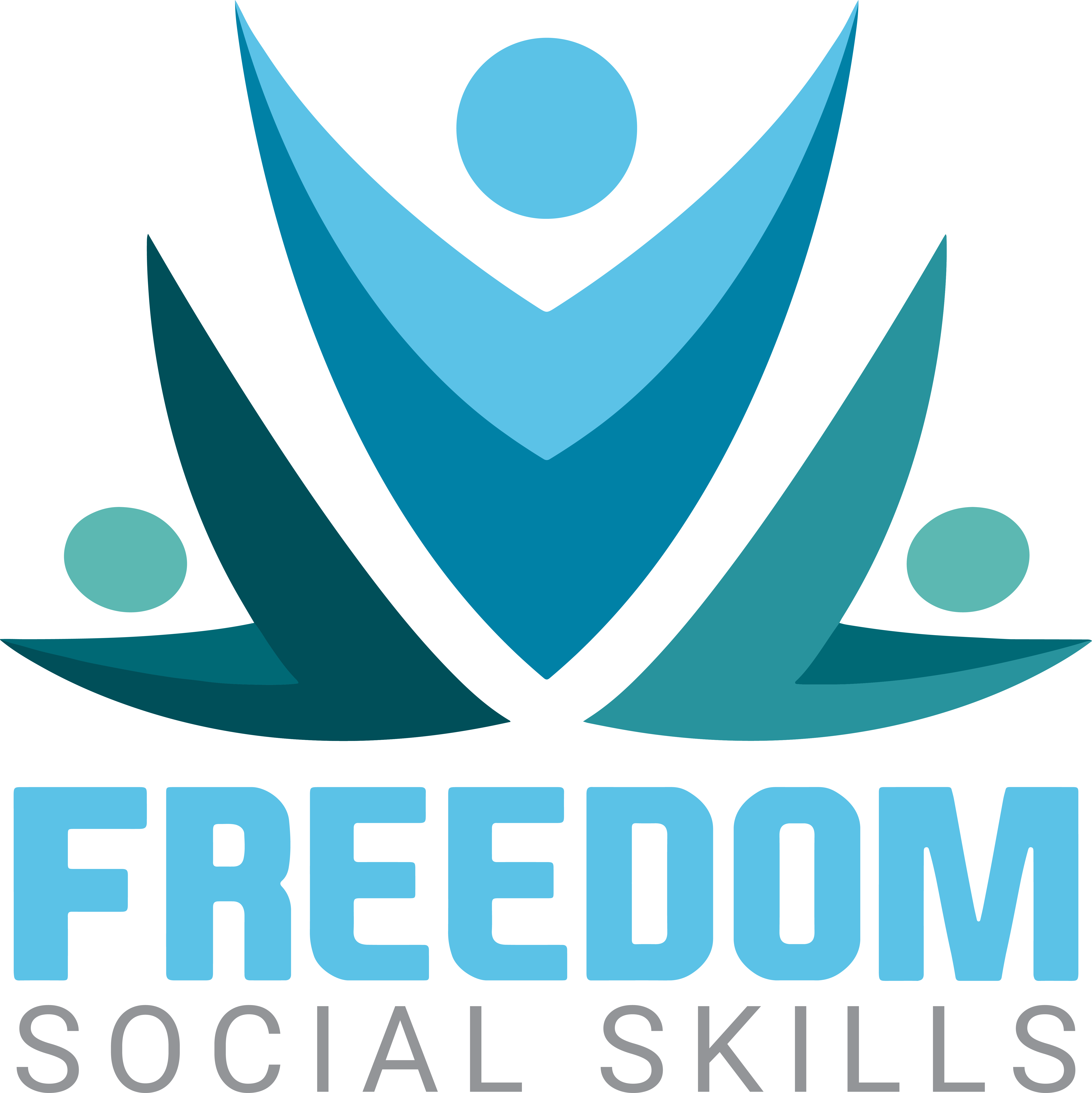Applied Behaviour Analysis (ABA) therapy can be made more enjoyable for individuals, especially children, to make it more fun and engaging. Making therapy fun is not only important for building a positive rapport but also for increasing motivation and participation. Here are some strategies to make ABA therapy more enjoyable:
- Incorporate Interests:
Tailor activities and exercises to the individual’s interests. If a child loves dinosaurs, use dinosaur-themed materials or activities to make the learning more engaging.
- Use Games and Play:
Integrate games into the therapy sessions. Turn learning activities into games to make them more interactive and enjoyable. Games can include board games, card games, or educational apps that align with therapy goals.
- Utilise Reinforcement:
Positive reinforcement is a fundamental aspect of ABA therapy. Use preferred items, activities, or praise as rewards for completing tasks or demonstrating target behaviours. This can motivate individuals to actively participate.
- Create a Positive Environment:
Set up a welcoming and comfortable therapy space. Use bright colours, incorporate favourite toys, and create a positive atmosphere to make the environment more enjoyable.
- Include Movement:
Incorporate movement breaks or activities into the session. This can include activities like jumping on a trampoline, playing with sensory balls, or engaging in other physical exercises to keep the energy level up.
- Make Learning Hands-On:
Use hands-on materials and interactive activities. Learning by doing can be more enjoyable and effective. For example, use manipulatives, puzzles, or other interactive tools to teach new skills.
- Use Visual Supports:
Incorporate visual aids to enhance understanding and reduce anxiety. Visual schedules, charts, and visual cues can make instructions clearer and more accessible, contributing to a more positive and successful learning experience.
- Include Social Skills Practice:
Integrate social skills practice into therapy sessions by using role-playing or interactive scenarios. This not only helps with skill development but also makes the sessions more enjoyable and relevant.
- Personalise Rewards:
Tailor rewards to the individual’s preferences. Whether it’s a favourite snack, extra playtime, or a special activity, personalised rewards can be powerful motivators.
- Encourage Choice:
Provide choices whenever possible. Allowing individuals to have some control over their activities fosters a sense of autonomy and can increase engagement.
- Celebrate Successes:
Celebrate achievements, no matter how small. Positive reinforcement, praise, and acknowledgment of progress contribute to a positive therapeutic experience.
- Involve Family:
Engage family members in the therapy process. Encourage parents and caregivers to participate in certain activities, which not only promotes generalisation of skills but also enhances family involvement and support.
Remember that the key is to be flexible, observant, and responsive to the individual’s needs and preferences. By incorporating enjoyable elements into ABA therapy, you create an environment where learning is not only effective but also fun and rewarding.





